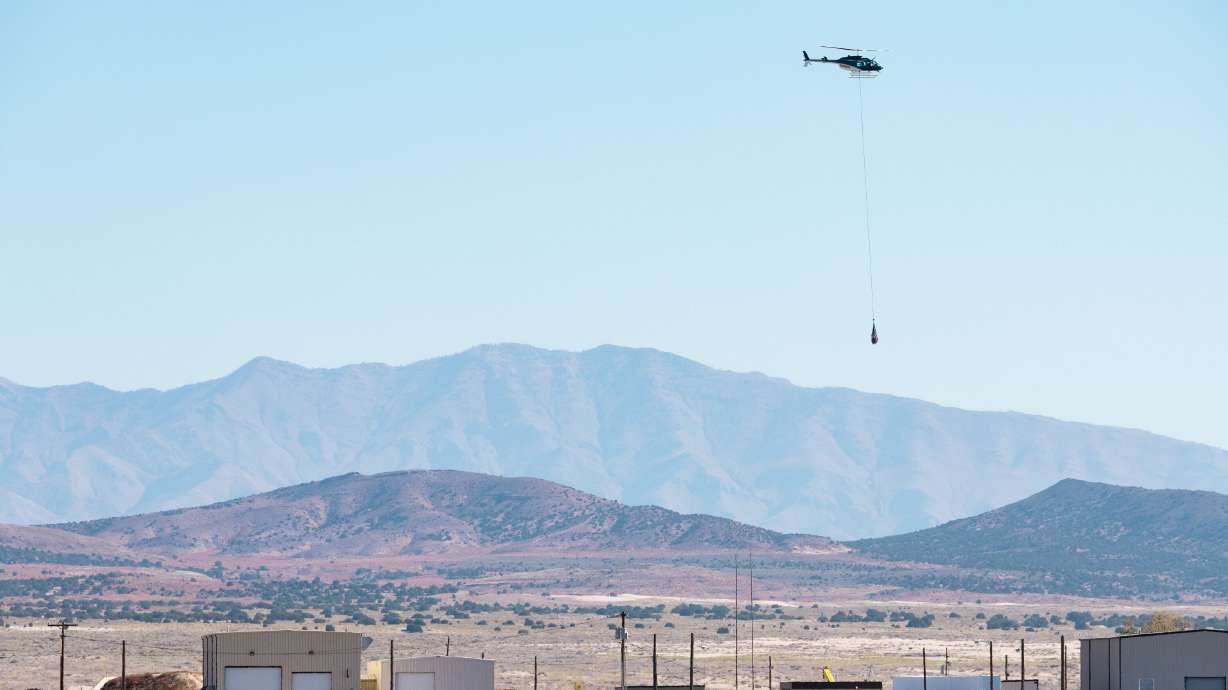Estimated read time: 2-3 minutes
This archived news story is available only for your personal, non-commercial use. Information in the story may be outdated or superseded by additional information. Reading or replaying the story in its archived form does not constitute a republication of the story.
SALT LAKE CITY — It turns out if you live in Utah and near a military installation, China or North Korea might be your neighbors. They have significant land holdings, according to records, steadily acquiring the acreage over the years.
It's not just foreign-controlled companies, it is the nation states themselves that have purchased land — and Utah is in the top five in the country for the amount of land acreage at risk.
Rep. Candice Pierucci, R-Herriman, is attempting to change the course in Utah with legislation passed earlier this year.
Her bill, HB516 prevents countries — North Korea, China, Iran and Russia — from buying land in Utah. And it goes further. If those countries, or foreign-controlled companies with a 51% ownership, have land holdings, it has to be relinquished in a year.
"I have tried to help people see why this is so important to Utah for a couple of reasons — the first being this is a major national security concern," she told the Deseret News.
She added that the multiple national agencies have published reports and sounded the alarm that China is purchasing land and in proximity to military installations.
The law she got passed requires coordination with the Utah Department of Public Safety to document those land holdings. The agency is compiling a database on land holdings in Utah and sets in motion a way to reverse that course.
Basically, as Pierucci described it, the land in question has to be relinquished in a year. The state will take over, buy out any U.S. interests in that particular acquisition and then put the rest of the proceeds in the general fund.
If the action appears extreme, it is, but the alarms have been sounding for some time.
Rep. John Curtis, R-Utah, was an original co-sponsor of legislation trying to tackle the problem on the national level.
A National Public Radio report detailed the issue of increasing land purchases by countries such as China and its implications.
"Although Chinese-owned land is a tiny fraction of all foreign-owned land in the U.S., its purchases have raised fears that the Chinese government could have control, through the Chinese corporations, over U.S. assets or gain access to U.S.-based information. Indeed, during the past four decades, Chinese companies and investors have bought up land in the U.S., as well as purchased major food companies like Smithfield Foods, the United States' largest pork processor. Corporations own the majority of that land. Now legislation in Congress would restrict Chinese ownership of U.S. land."
In Utah, that land is less than 40,000 acres which seems small given the size of the state. Pierucci and others want to stop the problem from growing.










